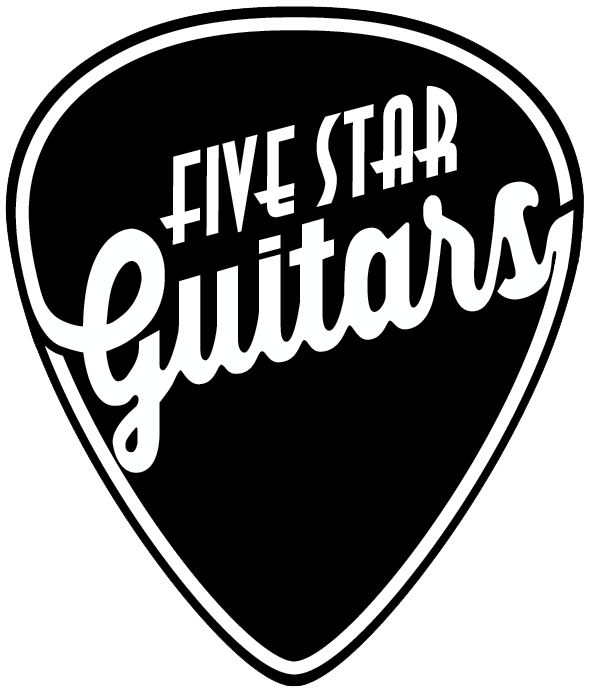
Mastered Your Scales? Here's the Next Step to Incredible Guitar Solos
Share
You've put in the hours, diligently practicing your scales. You've gained fluency on the fretboard, built solid technique, and established a reliable musical foundation. Scales are essential. They form the alphabet of guitar playing, the fundamental building blocks that allow you to communicate musically.
But knowing your alphabet is just the beginning. To truly speak the language of music and create solos that connect with listeners, you need to develop your musical vocabulary.
Why Scales Alone Are Only the Starting Point
Think of your scales as letters in your musical alphabet. Letters by themselves don't communicate ideas. They must be combined into words, sentences, and stories. Similarly, scales alone don't automatically translate into compelling, expressive solos. To communicate clearly and powerfully, you need to learn how to use your musical alphabet to form meaningful musical phrases.
Great guitarists don't simply run scales up and down the fretboard. They use their musical vocabulary to tell stories, convey emotions, and captivate listeners.
Your Next Step: Developing a Musical Vocabulary
Once you've mastered your scales, your next step is building your musical vocabulary. This vocabulary consists of short musical ideas or phrases that you internalize by studying great guitarists. Just as writers study authors to learn how to express themselves clearly, guitarists study their musical heroes to learn how to speak the language of music fluently.
Developing your musical vocabulary allows you to:
- Create expressive, memorable solos
- Discover your own unique style and voice
- Improve your improvisation and overall musicianship
- Engage listeners with meaningful musical storytelling
How to Build Your Musical Vocabulary
Here's a concrete plan for transforming your scale knowledge into a rich musical vocabulary:
1. Study Your Guitar Heroes
Listen deeply to guitar solos from players you admire. Identify short musical phrases that resonate with you. Learn to play these phrases note for note, paying close attention to rhythm, phrasing, dynamics, and articulation. Analyzing solos from great guitarists will enrich your musical vocabulary and deepen your understanding of effective musical communication.
2. Practice Phrases in Musical Contexts
When you've learned a musical phrase, practice it over chord progressions or backing tracks. This helps you understand how each idea functions musically. By experimenting with timing, phrasing, and dynamics, you'll internalize these ideas and learn to naturally incorporate them into your solos.
3. Adapt and Personalize
After you have internalized a phrase, experiment creatively. Change the rhythm slightly, modify a few notes, invert intervals, or extend the phrase. Adapting ideas helps you develop your personal musical voice and ensures your solos sound uniquely yours.
4. Collect and Regularly Review Musical Ideas
Keep track of your musical vocabulary in a notebook or digital file. Regularly revisit these musical ideas as part of your practice routine. Over time, your vocabulary will expand, allowing you to effortlessly create expressive guitar solos that authentically communicate your musical ideas.
The Result: Solos That Tell Your Story
Your scales have provided you with the alphabet. Now, by developing your musical vocabulary, you're ready to speak fluently through your guitar. Your solos will move beyond predictable patterns into the realm of meaningful musical expression, captivating listeners and clearly communicating your unique voice.
Ready to turn your scales into powerful musical statements? Start building your musical vocabulary today, and watch your guitar solos come alive. We offer 1-on-1 instruction in person and online. Visit our lessons page for more information.
